About VEIL
The Victorian Eco-Innovation Lab (VEIL) was a research-design-action group focused on innovation for more sustainable and resilient future cities. It was an interdisciplinary group whose work engaged with and embedded in industry, government and communities.
VEIL’s work aimed to shift thinking about both what is possible and what is needed imminently to create a more sustainable future. The group’s projects used scenarios, modelling, and visualisations of alternative futures to help communicate these ideas.
Featured
-
Eco-Acupuncture
What might a sustainable and resilient neighbourhood look like? How can we transform existing urban communities through design interventions?
-
Urban agriculture’s role in resilient city food systems
With the help of citizen scientists and gardeners, this project is creating a new urban agriculture dataset. This dataset will allow urban agriculture to be looked at in the context of its role in cities and in food supply resilience, both now and into a climate change affected future.
-
Visions of Resilience
Design-led Transformation for Climate Extremes. Climate change is re-writing the record book on weather extremes and local communities face the brunt of these impacts.
-
Know Your Foodbowl
Know Your Foodbowl was a research project undertaken by the Food Alliance at Deakin University. The project was crowdfunded through Pozible, and supported by the City of Melbourne, Mornington Peninsula Shire, and Slow Food Melbourne.
-
Foodprint Melbourne
Foodprint Melbourne is a research project that investigates what grows in Melbourne’s city fringe foodbowl, the vulnerabilities in the city’s food supply and the importance of Melbourne’s foodbowl for a more resilient and sustainable food future for the city.
-
Visions and Pathways 2040
The project aims to develop visions and innovation and policy pathways for transforming Australian cities to achieve rapid decarbonisation and increased resilience in the face of climate change.
-
Future Cities Distributed Infrastructure project
The Future Cities Distributed Infrastructure Project is an innovative and integrated research program to envisage, design, plan and model post-carbon resilient futures and ‘adaptive-mitigation’ pathways for four selected local councils within Metropolitan Melbourne.
-
Urban agriculture’s role in resilient city food systems
With the help of citizen scientists and gardeners, this project is creating a new urban agriculture dataset. This dataset will allow urban agriculture to be looked at in the context of its role in cities and in food supply resilience, both now and into a climate change affected future.
-
Australian Food Supply Scenarios
An extension of a VEIL research scoping project completed in early 2011 (funded from a VicHealth Discovery Grant). This new two-year research project is ARC funded, with Deakin University (lead) VEIL, CSIRO and ANU.
-
Visions of Resilience
Design-led Transformation for Climate Extremes. Climate change is re-writing the record book on weather extremes and local communities face the brunt of these impacts.
-
Urban biogas
This projects aims to investigate the feasibility of ‘closing the loop’ for food and human waste and energy production through the use of anaerobic digestion in Melbourne and the potential to partially de-centralise waste management and energy generation.
-
Distributed Systems Research
The distributed model sees infrastructure and critical service systems positioned close to resources and points of demand.
-
Local and Creative Food Economies
-
Scenarios for climate change adaptation
VEIL has been working as part of a collaborative team for VCCCAR looking at the role and value of scenario planning in climate change adaptation decision-making.
-
Transforming Society “From Below”
A small research project to understand the dynamic of change “from below” has become a component of the disruptive change research for the Visions and Pathways 2040 project.
-
Food Sensitive Planning and Urban Design
Linking different areas relevant to food security and sustainability to facilitate urban life.
-
Visioning 2032: The Films
What could a sustainable neighbourhood in Melbourne look like? How could we transform a number of our existing urban communities through design ‘interventions’?
-
Food Freight
The pressures of rising energy costs, potential carbon prices and increasing vulnerability in food supply chains are challenging to food producers and businesses, and they have important implications for food availability, access and utilisation – and hence food security.
-
Glimpses
-
Mapping Melbourne's Peri-urban Agricultural Land
Since at least the 1940’s, concerns have been raised repeatedly about the loss of some of Victoria’s most productive land due to Melbourne’s urban expansion. The loss of high productive areas suitable for horticulture (fruit and vegetable growing) has been of particular concern.
-
Food Hubs
Food Hubs make it easier to buy and sell local food
-
Sustainable and Secure Food Systems for Victoria
In April 2008 VEIL released our first policy challenges report – Sustainable and Secure Food Systems for Victoria: What do we know? What do we need to know?
What is Eco-Acupunture?
Eco-Acupuncture is a unique ‘design-research-engagement-action’ program to assist communities, towns and cities as they prepare to transition from centuries of development based on a fossil fuel economy. The program is a response to a growing demand for strategic vision and innovative design at local government, suburb or ‘precinct’ level in Victoria as they confront.
Design studios
-
2007-08 Studios
A series of multidisciplinary design studios run in 2007 and 2008.
-
Broadmeadows 2035
Following on from our engagement with Hume City Council and a series of ‘Vision: Broadmeadows 2032’ projects in 2009-2010, VEIL has returned to Broadmeadows to further collaborate with the council and local community in exploring and visioning sustainable and resilient futures for Broadmeadows.
-
Florence 2035
Our cities and their systems of energy, water, food, transport, shelter, and information are dependent on large flows of fossil fuel-based energy. This dependency must change, urgently, to deal with the impacts of climate change and peak oil.
-
Sunshine 2032
The Garden City layout of Sunshine is suited to the intensification of sustainable programs including urban agriculture, shared water and energy harvesting systems, increased pedestrian and bike access through the neighbourhood and shared public spaces for increased social cohesion.
-
Broadmeadows 2032
The City of Hume is a rapidly developing centre north of Melbourne, caught up in many of the problems of burgeoning suburban sprawl, population growth, climate change, stressed infrastructure and impending broad-brush state planning initiatives.
-
EcoCity (EBD)
What does Melbourne look like in 2032? In 2008, VEIL’s Design Hub members looked at the last remaining vacant land available for development in Melbourne’s CBD, known as E-Gate, and applied some very radical thinking.
-
ReDesign 2032
In a probable future of legislated Extended Product Responsibility (EPR), Carbon offsetting, and growing concern for increasing landfill levels, the necessity for a shift in design systems is becoming increasingly apparent.
-
Mobility: City of Short Distances
The Mobility Studios explore the interconnections and spaces between slow transport and public transport. Mobility in 2032 is networked and decentralised.
-
Leeuwarden 2018 – 2040
The Eco-Acupuncture program has grown internationally with work in Florence (Italy) in 2013, and Rotterdam in 2014. Leeuwarden – as the EU Cultural Capital 2018 – became part of the international Eco- Acupuncture program in late 2014.
Featured designs
-
Sunshine Station and Overpark
Reconnecting Sunshine and catalysing regeneration of the local environment.
-
Broadmeadows Centre of Food
The former Ericsson site has been converted into a green academy.
-
Urban Escape Farm
An urban farm and community hub south of Sunshine Station.
-
SunStream
Could Broadmeadows have a high-tech, globally iconic building?
Australian Food Supply Scenarios
- Sustainable and Secure Food Systems for Victoria – Full Report
- Sustainable and Secure Food Systems for Victoria – Summary - Request a copy of the report
- Victorian Food Supply Scenarios: Impacts on Availability of a Nutritious Diet
- Review of Agricultural Methods - Request a copy of the report
- Submission: Senate Inquiry into Food Production in Australia
- A selection of scenarios to stimulate thinking - Part 1: International
- A selection of scenarios to stimulate thinking - Part 2: Australia
Foodprint Melbourne
- Melbourne’s food future: Planning a resilient city foodbowl
- A vision for a resilient city foodbowl for Melbourne
- An economic analysis of Melbourne’s foodbowl
- What does it take to feed Melbourne?
- Melbourne’s Foodbowl: Now and at 7 million
- Cities and climate change resilient food systems
Mapping Melbourne’s Peri-Urban Agricultural Land
- Mapping Melbourne for land capability – A preliminary evaluation
- Submission: VEAC Inquiry into use of Crown and Public Authority Land in Metropolitan Melbourne
Food Hubs
- SE Food Hub – Phase 2 Report
- SE Food Hub – Phase 1 Report
- SE Food Hub – Research Application
- Imagining a Food Hub in Casey 2011
- Scoping Design and Recommendations for Development of a ‘Food Hub’ in the City of Casey 2012
- Submission: Inquiry into Agribusiness in Outer Suburban Melbourne
Food Sensitive Planning and Urban Design
Visions of Resilience
Creative Food Economies
- Creative Food Economies 1 – Economic Benefits and Case Studies
- Creative Food Economies 2 – Actions for Southern Melbourne
- Creative Food Economies 3 – Overview Presentation
Localised Solutions Conference
- Cogeneration with a Central Services Hub (Rob Turk)
- Creating Liveable Cities Workshop (Rob Catchlove)
- Creating Localised Food Systems - The Role of the Metropolitan Planning Strategy (Trevor Budge)
- Creating Space-Innovation from the Household to the Community (Anjali Brown)
- Distributed Energy- An energy company perspective (Blair Healy)
- Distributed Energy- Benefits & Technologies (Ron Li)
- Distributed Leadership (Jim Norris)
- Energy Efficiency and Equity (Michaela Lang)
- Learning from Case Studies – To Help Inform the Future (Francis Pamminger)
Broadmeadows 2032
Ballarat Vision Report
Food Freight
- Best Practice Food Distribution Systems
- Best Practice Food Distribution Systems (Executive Summary)
- Understanding Victoria’s Fruit and Vegetable Freight Movements
- Understanding Victoria’s Fruit and Vegetable Freight Movement (Executive Summary)
EcoCity (EBD)
Distributed Systems
- An Overview of Development in Distributed Energy
- Distributed Water Systems: A networked and localised approach for sustainable water services
- Briefing Paper: Distributed Water Systems
- Distributed Systems: A design model for sustainable and resilient infrastructure
VEIL
- M2032
- Combined Water Power: Draft Paper
- EcoLab – a jump towards sustainability (part 1 and 2)
- Paradigms for sustainable prosperity
- Towards a new manifesto for sustainable design
- VEIL Report 2010
Redesign 2032
Leeuwarden 2018 – 2040
Dr. David Turnbull Publications
-
Prof. Chris Ryan
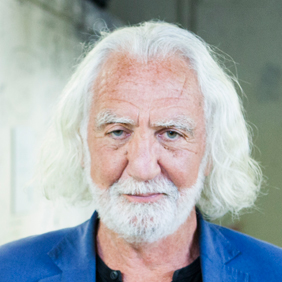
Director
-
Michael Trudgeon
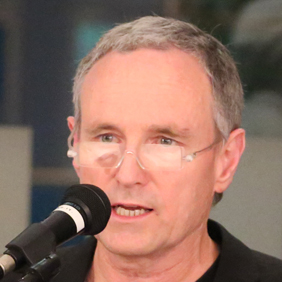
Deputy Director
-
Kirsten Larsen
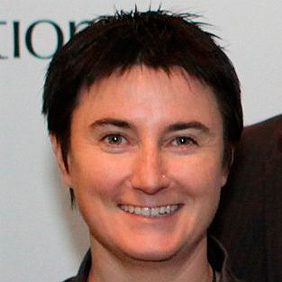
Policy Challenges Research Manager
-
Che Biggs
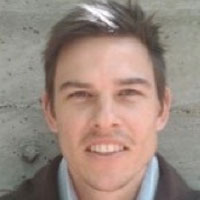
Research Fellow & Project Officer: Distributed Systems
-
Dr. Seona Candy
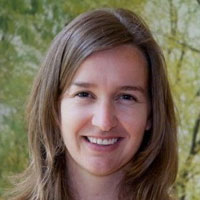
Post-doctoral Research Fellow: Sustainable Food Systems
-
Jen Sheridan
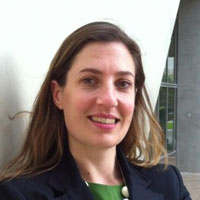
Sustainable food systems researcher
-
Emma Gerard
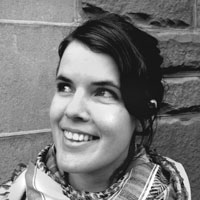
-
Sophie Jackson

-
Martin Brennan
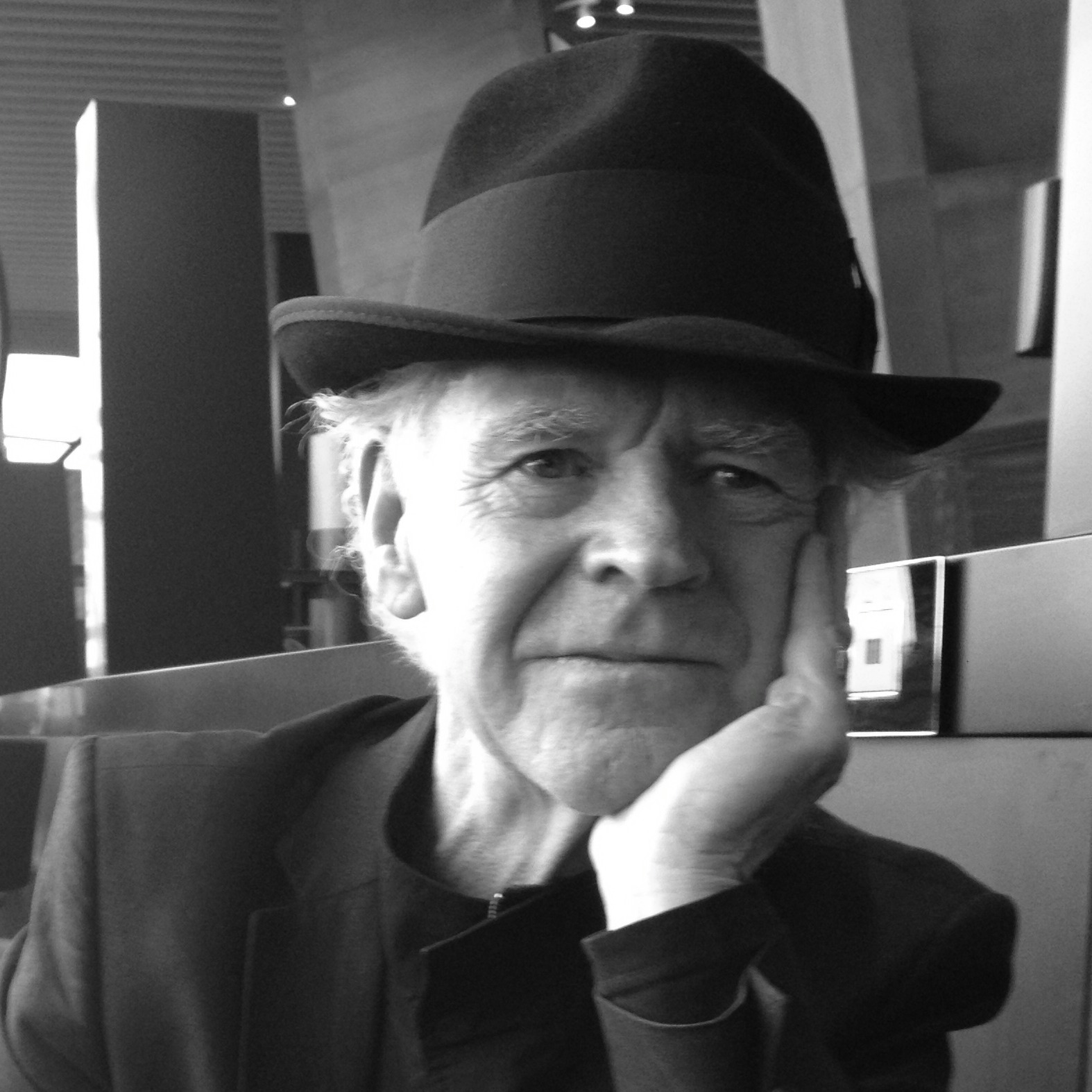
Honorary Senior Research Fellow
-
Kes Mccormick

Honorary research fellow